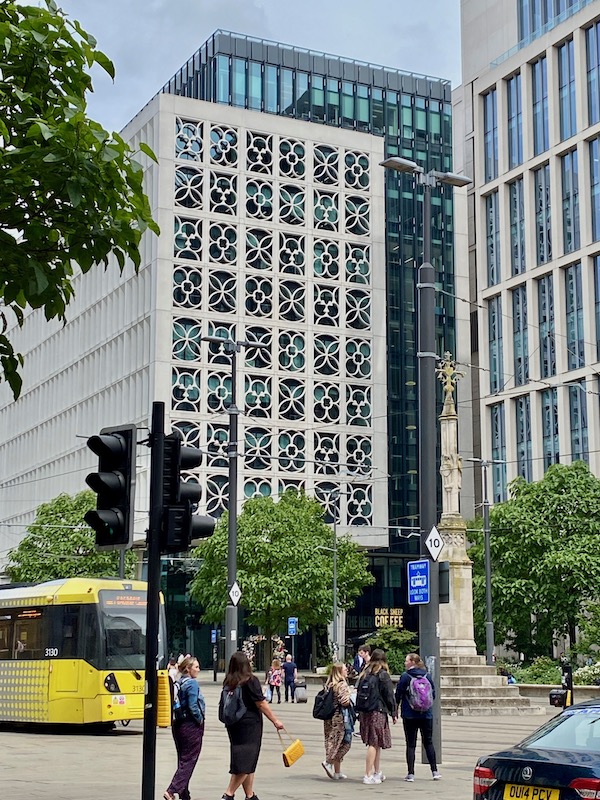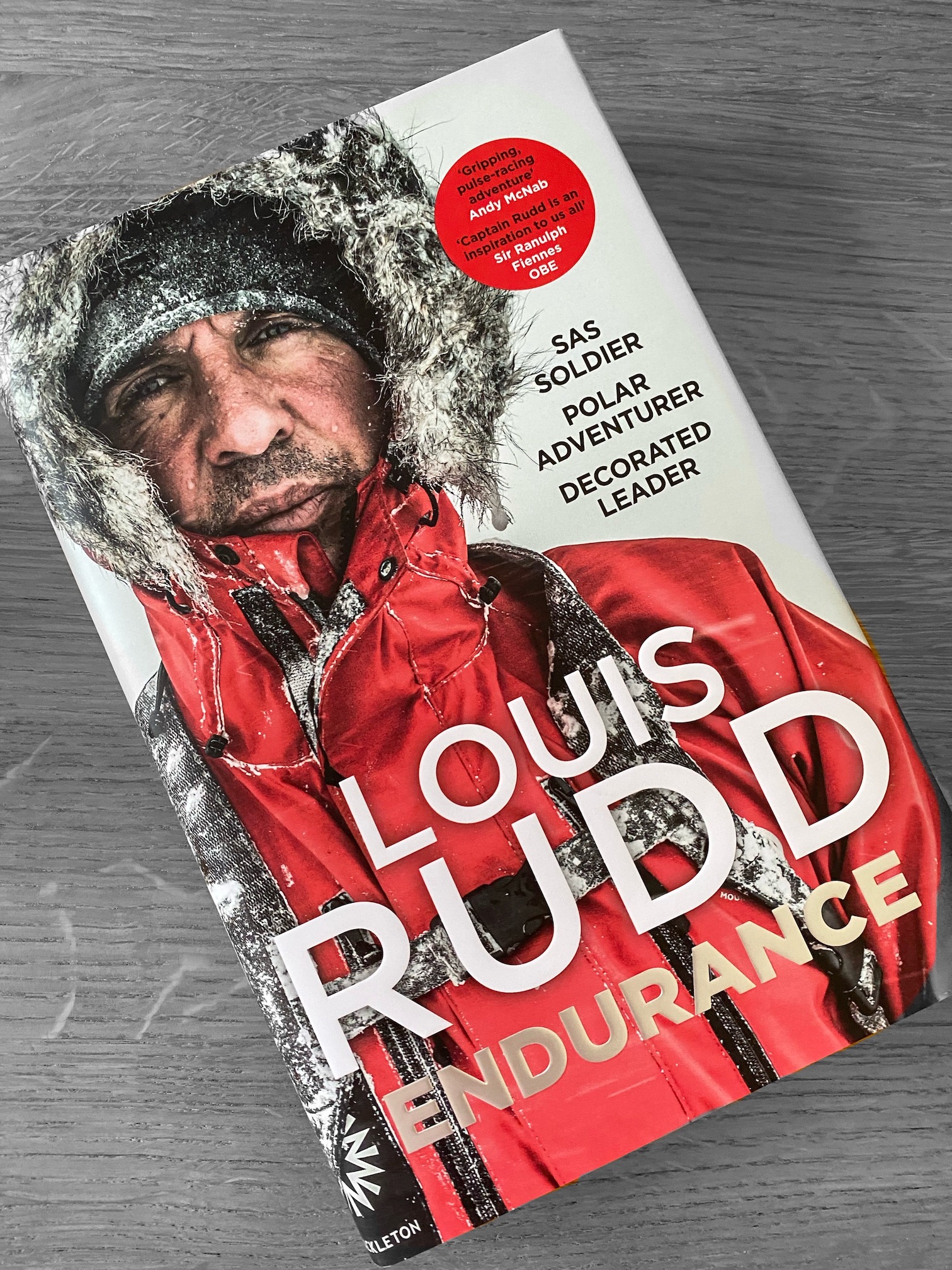Don’t shock the coffee!

During a recent masterclass, the group proudly brought their cafetiere of coffee to the afternoon session. I took no offence at the suggestion that strong coffee would be required to endure the remaining hours of the session. However, their passion and interest in preparing and serving good coffee set a new benchmark in my experience, outside of a coffee shop and reinforced a key element of the session.
The art of coffee making has popularised the Italian title of barista or bartender. The first ever World Barista Championships was won, not by an Italian though, but a Norwegian named Robert Thoresen in 2000.
In 2015, it was estimated that over 400 billion cups of coffee had been served worldwide. In the UK, there was one coffee outlet for every 3,000 Britons in the same year.
The dedicated disciples of coffee making from Alinea though, shared one clear bit of advice – don’t shock the coffee! As part of their own induction process for new coffee makers, in addition to understanding how to dismantle, clean and reassemble the apparatus, how to add hot water is a key determining factor in enjoying a cup of coffee.
So we learned that once you have the right dose of ground coffee (7 grams per cup), the hot water should ideally be 92-96 degrees centigrade. You should not pour boiling water directly onto the coffee or else it will burn and deliver a bitter taste. Instead, warm the cafetiere up (just as you would with a tea pot) and pour the hot water over a spoon, to avoid direct contact with the coffee grounds. To go the extra mile, you can ‘pre-infuse’ the coffee grounds with a small amount of warm water in the bottom of the cafetiere, to create a liquor. You can then add the balance of water, leave to brew for 4 minutes then pour out immediately. Perfect!
Fascinating stuff, I hear you say, but what’s that got to do with life?
I think people are a little like coffee. Indeed, the masterclass was engaged on the theme of Performance Conversations. Within this course, we review the concept of emotional intelligence which encourages us to focus on the other person, actively listen and through engagement, recognise emotions and feelings. This equips us to recognise our own emotional triggers and responses and importantly, the other persons feelings and emotions too.
Just like coffee then, when you engage with another person don’t jump straight to the point, particularly when it comes to providing feedback. Instead, draw the person to the subject area that you want to discuss and prepare them for the conversation. As you develop your understanding of the person, you will be able to sense what is required to ‘pre-infuse’ their thinking. This approach will then have a greater chance of realising a rational response rather than a shock induced, emotional response. The outcome will be more positive and develop a greater sense of appreciation, value and trust between you.
So, for the best outcome, don’t shock the coffee. It will spoil and leave a bad taste in your mouth.







Leave a Reply